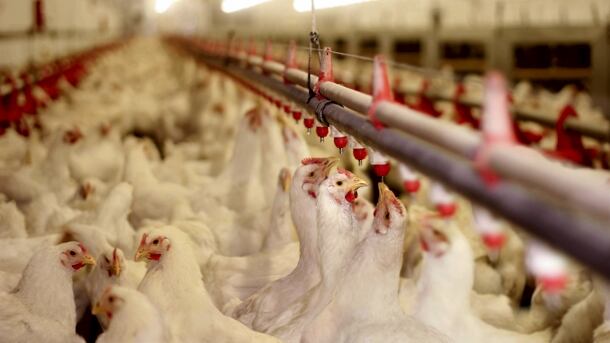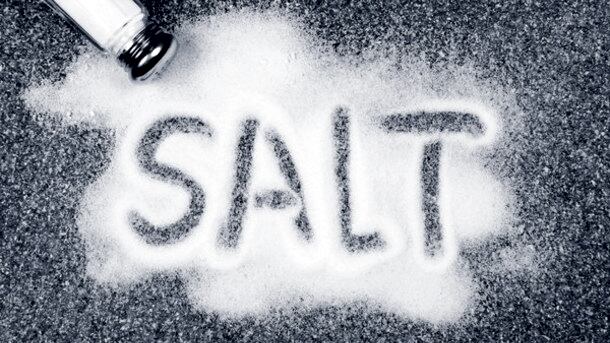While Vietnam is well known as a lucrative beer and spirits market, a new report shows that the real opportunities for brands could lie in juice, smoothies and milk, each of which appeal mainly to women.
Decision Lab’s study also found that per-capita soft-drink consumption has now reached 7.2 litres per year—an increase over previous years.
It speculates that brands should find opportunities in the decreased price sensitivity Vietnamese have towards soft drinks, in comparison to food.
Seven per cent of drinks are bought based on their value for money, compared to 12% of food items. Likewise, for drinks health is a bigger driver of sales than it is for food, with health considerations featuring in 13% of purchase decisions relating to drinks, compared to just 7% of food decisions.
“While the Vietnamese will perhaps not feel comfortable splurging on a lunch or snack, they’ll happily part with money on a premium coffee from a coffee shop chain, bubble tea or drinks perceived to have health values,” said Katrin Roscher, Decision Lab’s research director.
Among healthy drinks categories, lactose-free milk is generating increased interest in a nod to Western consumer habits.
Western items such as pizza and burgers have led to Cheesemania, as has a growing taste for Korean food, which features both chicken and instant noodles with melted cheese.
Decision Lab found that milk is also increasingly being consumed in desserts and snack items like ice cream, cake, yoghurt and cookies. Given many Asian consumers find it difficult to digest lactose, the market for lactose-free milk has significant potential, it concluded.
More stories from Southeast Asia…
Cargill starts $50m expansion of Thai broiler processor
Cargill has begun work to expand its poultry processing operations in central Thailand at a cost of US$50m.

The expansion of the Nakhon Ratchasima plant will open in early 2018 and create 1,400 new jobs. Cargill will look to source birds from several independent smallholder broiler farms to meet increased demand.
The company said this demand has been ongoing, and put it down to the quality and safety standards it employs.
“Cargill has been in the Thai poultry industry for 25 years and has grown to become the leading exporter of fully-cooked chicken products in the country. I attribute this to our uncompromising approach to food innovation, quality and safety, a talented and efficient local workforce working in a strictly safe environment, and a close partnership with the Thai authorities,” said Hans Kabat, president of Cargill Protein Southeast Asia.
Kabat’s division has been steadily growing thanks to increased consumer appetite for poultry products elsewhere in Asia-Pacific. In May,
it formed a joint-venture with Jollibee Foods Corporation, Asia’s biggest foodservice company, to establish a poultry processing facility in the Philippines, creating 1,000 jobs in the process.
More recently in September, it started a joint-venture with leading agri-food business Japfa to produce and supply fully-cooked poultry products in Indonesia.
“These investments strengthen Cargill’s position as a leader in food and agriculture industries in Asia-Pacific, and reinforce our unique abilities to meet the changing food demands in the region,” added Kabat.
Philippines' proposed salt tax slammed by lawmakers
A Philippines law designed to tax each excess milligram of sodium relative to guidelines has met with strong opposition at committee stage after one representative remarked that such a levy would add PHP534 (US$10.74) to the price of a pack of instant noodles.

The house bill, authored by Scott Davies Lanete, seeks to levy a PHP1 tax on “every kilogram of sodium in excess of one-third of the allowable daily intake of sodium chloride”, based on Department of Health guidelines.
During a meeting of the ways and means committee, Lianda Bolilia said that a sodium tax would hit the poor hardest. Impecunious communities that ate large amounts of junk, canned and processed foods were the highest consumers of salt, she said.
She worked out that a sodium ceiling of 666mg, based on a recommended daily salt intake of 2,000mg, would substantially increase the price of instant noodles, which sometimes contain some 1,200mg of sodium.
Other members of the committee argued that salt should be regulated rather than taxed if it was in fact , as Lanete described it, “a silent killer.”
“Salt is not the enemy,” said one member, while another said: “I cannot imagine increasing the tax on salt. Most of the poor only have that to eat.”
